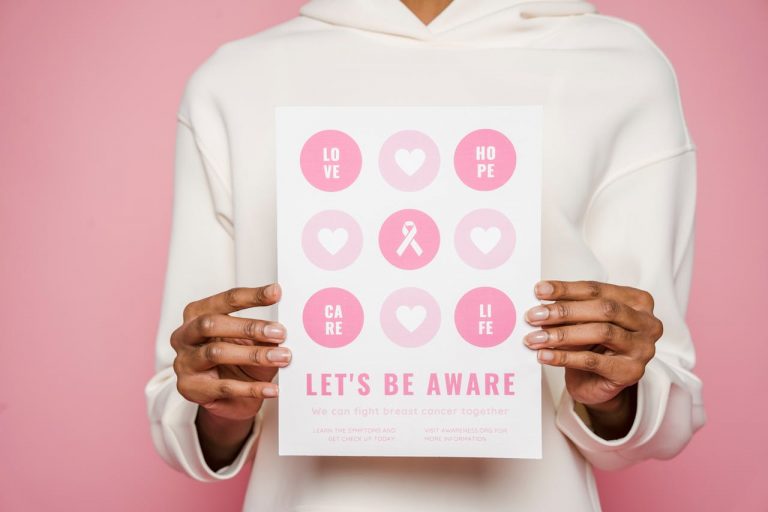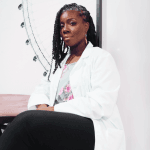On June 11th, 2025, Ananda Lewis — beloved broadcaster, journalist, and human rights activist — passed away from breast cancer at the age of 52. She leaves behind a teenage son and a legacy that will never be forgotten.
Her death weighs heavily on my heart.
I remember hearing Ananda share her story over the years — how her breast cancer journey started, the choices she made, and what ultimately led her to a stage 4 diagnosis. She avoided screening mammograms for years due to a fear of radiation exposure, deeply influenced by the trauma her own mother endured from breast cancer. Ananda believed her mother’s years of screening mammograms contributed to the development of her cancer — a belief that would ultimately shape the course of her own decisions.
When Ananda was eventually diagnosed, she chose a more holistic and natural path instead of modern medical treatment. By the time she sought conventional care, the cancer had progressed to stage 4. She bravely admitted that her delay in treatment — rooted in fear, trauma, and mistrust — was a choice that cost her dearly. As a physician, her story shakes me. I can see the writing on the wall when I hear journeys like this. It’s painful because I believe, with all my heart, that she could still be here today.
This isn’t about blame — it’s about urgency.
Too many women are dying unnecessarily from preventable, treatable breast cancers. The mistrust in healthcare is real, and in many communities — especially among women of color — that mistrust is justified. But we must also acknowledge that early detection saves lives (CDC, 2024). Regular screening mammograms, despite involving small amounts of radiation, significantly lower the risk of dying from breast cancer (American Cancer Society, 2024), (National Cancer Institute, 2024). The benefits far outweigh the risks. It’s not just about survival — it’s about preserving quality of life, preserving our futures, preserving time with our children and loved ones.
We must do better — in our communication, in our outreach, and in rebuilding the trust that has been fractured.
If you are reading this and have delayed your screenings — please go. Talk to a provider you trust. Ask questions. Advocate for yourself. It could save your life. And if you’re someone who shares health advice online or in person, I urge you to speak responsibly. Anecdotes can be powerful, but misinformation is dangerous.
Modern medicine is not perfect — far from it. But we are living longer than generations before us, in large part because of the advancements in screening, diagnosis, and treatment. That’s something we must not lose sight of.
Rest in peace, Ananda. Your voice continues to echo, and your story is now a lifeline for others. I am grateful for your transparency, and I pray it inspires more women to protect their health.
Sources:
- American Cancer Society. (2024). “Breast Cancer Early Detection and Diagnosis.” https://www.cancer.org/cancer/breast-cancer/screening-tests-and-early-detection.html.
- CDC. (2024). “Screening for Breast Cancer.” https://www.cdc.gov/breast-cancer/screening/index.html#:~:text=For%20many%20women%2C%20mammograms%20are,of%20dying%20from%20breast%20cancer.
- National Cancer Institute. (2024). “Breast Cancer Screening (PDQ®)–Patient Version.” https://www.cancer.gov/types/breast/patient/breast-screening-pdq.


